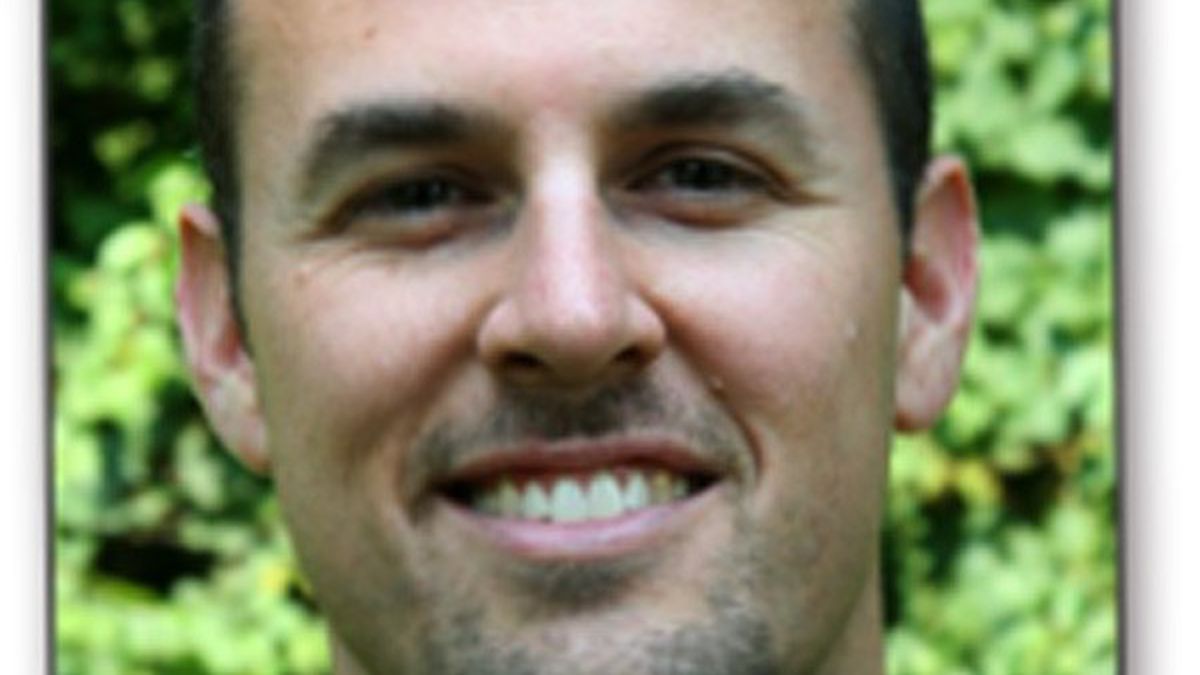The East Bay’s newest urban farm opened this month — with the full understanding that in two years its administrators must literally pull up stakes and move. But they’re already prepared for that. More than 90 percent of the farm’s components — from raised beds to tool sheds to chicken run — are designed to be dismantled, relocated, and reassembled. It’s a true moveable feast.
When UC Berkeley graduate Adam Berman was scouring Berkeley for a vacant lot on which to establish Urban Adamah, a pioneering residential fellowship program he created for young adults that merges food justice, environmental activism, and Jewish values, he found a fan in Wareham Development CEO Rich Robbins. Intrigued, Robbins offered Berman a one-acre lot on Parker Street between San Pablo Avenue and Tenth Street. It was a loan: two years, three max.
How do you put down roots when the one thing you know for sure is that you’re doing so on borrowed land and borrowed time? By designing an almost 100 percent portable, transportable farm. It’s a model that Berman hopes will inspire other urban farmers in a burgeoning movement whose turf is an ever-shifting entity: vacant lots. “It’s completely possible to take up temporarily vacant space in cities and then move your materials with you to other sites,” he said. “Just use things that can be taken apart and rebuilt.”
After earning an environmental policy BA from Brown University and then an MBA from UC Berkeley’s Haas School of Business in 2001, Berman became the executive director of Connecticut’s Isabella Freedman Jewish Retreat Center. There he created what he calls “Adamah 1.0” — a three-month spirituality-and-sustainability training program for people aged twenty to thirty. Adamah is Hebrew for “ground” or “land.”
“Farming was not in my background at all,” said Berman, who grew up in Encino and had his first brush with agriculture while volunteering at the San Francisco Zen Center’s Green Gulch Farm. Set deep in the Berkshires, Urban Adamah 1.0 “was an amazing immersive bubble in a rural setting that a few hundred visitors got to see every year. But thousands of people would get to see Urban Adamah 2.0 if we did it in an urban setting.”
Berkeley, which still “felt like home” to him after seven years away, seemed the obvious spot. Support came from the Walter and Elise Haas Fund, UpStart Bay Area, and other philanthropic groups and individuals.
Once Berman landed the Parker Street lot, assembled a staff, and selected his first dozen fellows — who live at a rented duplex two blocks away — two huge challenges loomed: How do you grow organic food using materials from the urban-waste stream in an urban area where the soil is polluted? And how do you do it if you’ve only got a nonprofit budget and two years? Well, don’t bother planting any fruit trees.
Tests revealed lead in the lot’s soil, so clean soil was brought in for planting. (Soil donations are still high on Urban Adamah’s wish list.) Then construction began, using mostly salvaged materials.
A forty-by-fifteen-foot chicken run with built-in coop, now bustling with birds, is both modular and mobile. Two greenhouses were designed to be dismantled and rebuilt. A cob oven, made mainly from mud, rests atop a transit-ready recycled-wood pallet. Urban Adamah’s office is housed in a trailer. Classes and other activities take place outdoors on carpets under tents: Both can be rolled for travel, nomad-style. Plastic-and-copper irrigation pipes can be removed and relocated. Even the raised plant beds now brimming with summer greens are made to be moved — soil and all.
Here’s how to build a four-by-four-foot, forklift-ready bed for under $10:
Start with a recycled hardwood pallet costing $3.50. Around its edges, affix gopher-repellent wire-mesh “walls” costing $5.40. Reinforce these with about 30 cents’ worth of scrap wood. Cover the pallet and mesh in burlap sacks, acquired free from local cafes. To protect both cloth and wood from rot, top the burlap with a $2.70 layer of food-grade plastic. “At moving time, you don’t even have to empty out the earth,” Berman beamed. Using a forklift truck, “you can actually lift it up with the crops inside.”
As for those crops: Urban Adamah’s fellows learn to prepare and eat what they grow, but much of the farm’s output goes to food-giveaway programs at the nearby Covenant Worship Center church and at Lifelong Medical Care, a local low-income clinic.
Visitors got to inspect the farm at its June 19 grand opening, which featured cob-oven-baked pizza and chicken-run tours. Overhanging the beds were big colorful banners bearing Old Testament quotations — in a cool postmodern font.
Urban Adamah is a multipronged program, but each part has a spiritual heart. Avodat sadeh, or “service of the field,” entails agricultural training and labor. Avodat kehilah, or “service to the community,” entails volunteerism and off-site environmental-justice internships. Avodat lev, or “service of the heart,” entails daily prayer and other metaphysical practices such as yoga and qigong. Limmud, or “learning,” comprises classes in environmental justice, environmental education, leadership training, and Jewish studies.
“The core values that have guided Jewish tradition for thousands of years are kindness, love, and justice,” Berman said. “Today we find ourselves in circumstances in which access to healthy food is not available to everyone, even in the richest country in the world. How do we take those Jewish core values into the reality of the 21st century? How shall we manifest them today?”














